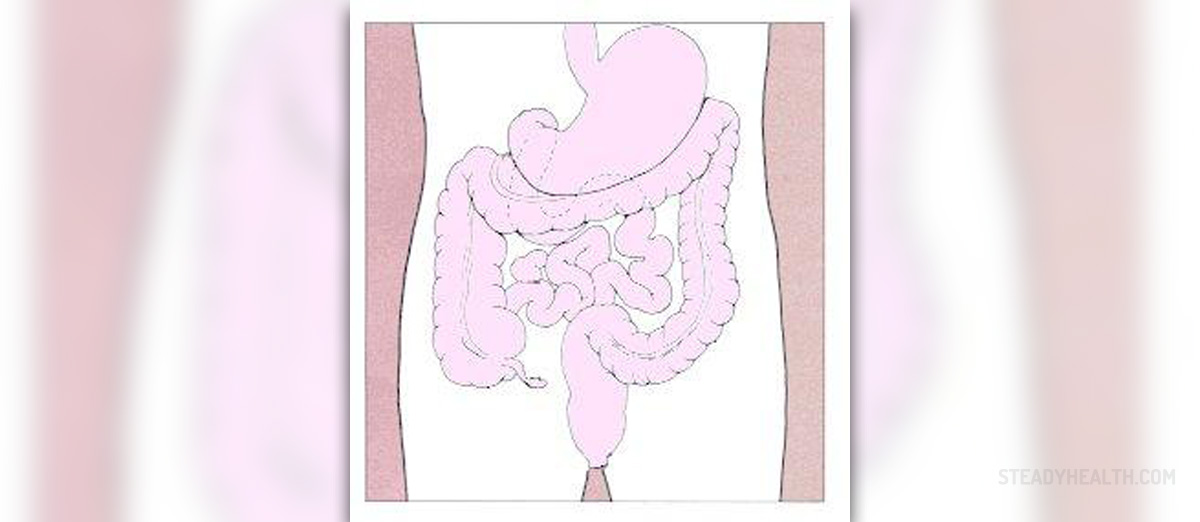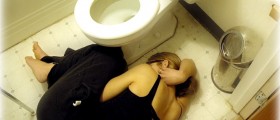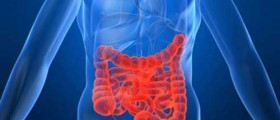
Various bacteria, viruses, fungi, yeast and parasites may cause lower intestine infections. In some cases, people may also experience these infections because of some mold or due to lack of personal hygiene. Weakened immune system or problems with some of digestive tract organs may make people susceptible to digestive infections. Severity of the symptoms usually depends on the cause of infection. There were even cases of fatal digestive infections.
Bacteria Responsible for Digestive Infections
Stomach infections are usually caused by Escherichia coli, Clostridium, Campylobacter jejuni, Methicillin-resistant Staphylococcus aureus, but they may also occur due to many more bacteria such as Shigella, Salmonella or Yersinia. These bacteria are able to provoke different problems, including gastroenteritis, or some more serious illnesses like dysentery or even cholera. People may get infected by eating improperly cooked food, seafood, reheated meat products or by eating some dairy products. Bacteria enter the stomach first and, in some cases, infection may progress to the intestine.
Symptoms of Digestive Bacterial Infections
Bacterial infections of the stomach usually cause diarrhea, nausea, vomiting and cramps/abdominal pains. Sometimes, patients may notice loss of appetite and weight loss and some people experience bloody stools because of such bacterial infections. Bacteria can be quite contagious, especially if the patient lacks personal hygiene, and thus infect other parts of the body, except the stomach.
If the person suffers from bacterial infection of the intestine, he/she is very likely to experience nausea, vomiting and abdominal difficulties as well as diarrhea, constipation or even irritable bowel syndrome. Some patients have developed the following skin problems: rash, itchiness and burning while others have suffered from headaches, depression, mood swings and sleeping problems.
Treatment Options
The biggest problem of patients suffering from bacterial infections of the stomach is diarrhea and sometimes dehydration. Because of that, patients are advised to compensate for lost fluids and electrolytes. Liquid diet seems to work just fine for such patients, so they should eat yogurt, rice, toast, some baked potatoes and bananas and avoid fried, spicy, processed and junk food. In some cases doctors may prescribe azithromycin or zinc supplements, while severe infections may require hospitalization and intravenous fluids and antibiotics.
Infections of the intestine are treated according to the cause of infection. Doctors usually advise patients to avoid eating outside food and to be on the liquid diet for several days. Patients may drink some barley water, buttermilk or fresh lime juice to relieve abdominal discomfort. Immunodeficient patients may be prescribed antibiotics such as Bactrim, Cipro or Zithromax, and they are almost always hospitalized.

















Your thoughts on this
Loading...